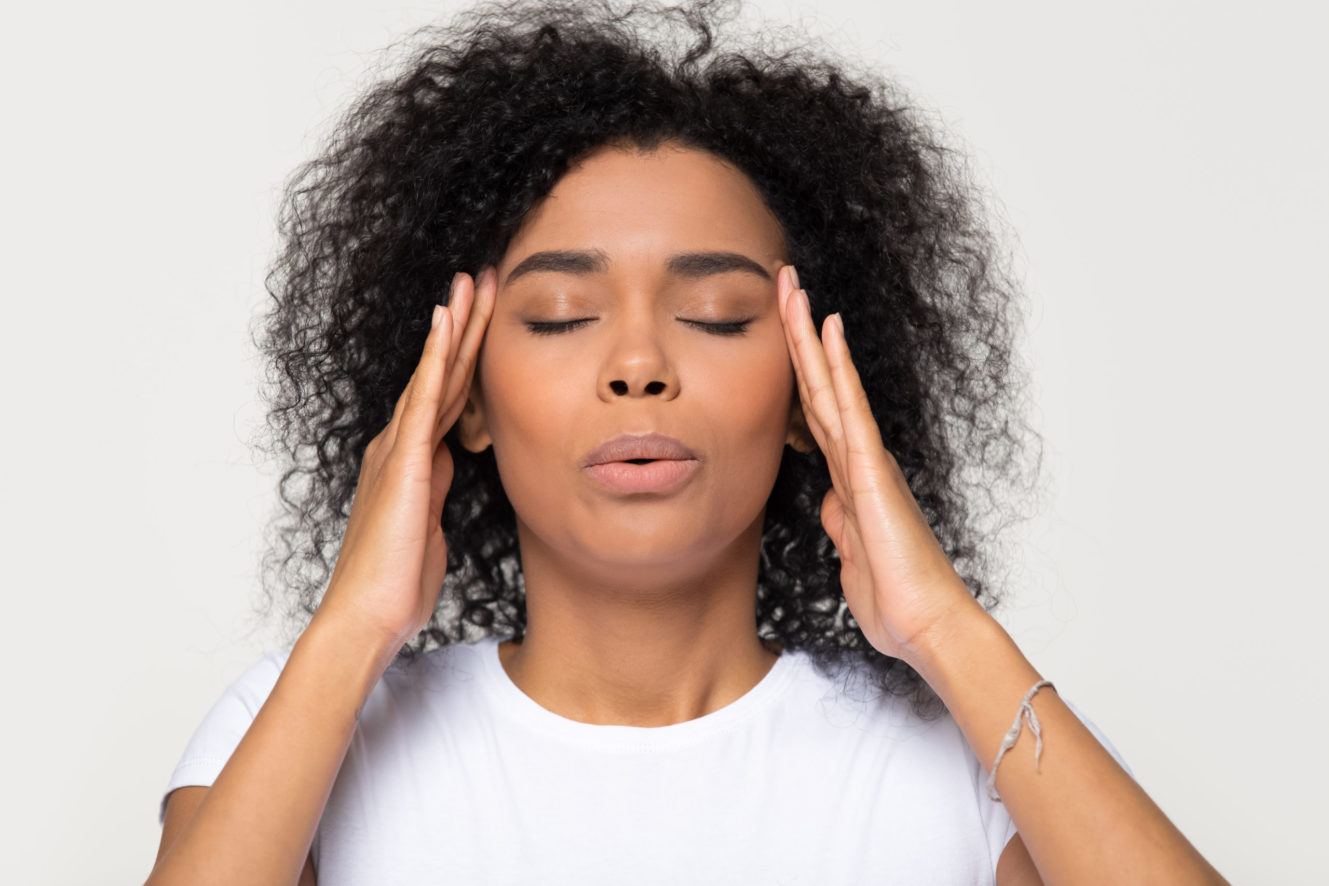Stress—often an overused word but one that applies to most of us especially in the light of everything that transpired in 2020. Stress is omnipresent in our everyday lives as most of us work to balance career, relationships, children, families, finances, health and so many other stressors. Even everyday occurrences like traffic, crowded grocery stores or workplace tension can create undue stress. But while we all know we have it, what is the best ways to manage stress in our lives?
To understand how to combat stress, we need to understand the signs of stress. The Centers for Disease Control and Prevention defines stress as “a reaction to a situation where a person feels threatened or anxious.” Symptoms of stress can be physical or mental and can include feeling frustrated, anxious or helpless or even having headaches or stomach problems like constipation or diarrhea.
The Mayo Clinic recommends the 4 A’s to manage your stress: “avoid, alter, accept and adapt.” Avoid situations that may cause stress like potential trigger situations or people; alter your circumstances or behavior; accept things the way they are by talking to a friend or counselor or practicing self-affirmations; and adapt by changing your expectations on your life’s circumstances.
Each of these A’s recommended by Mayo Clinic can be done by practicing a number of tactics that can be helpful. Some of the more common ones include exercise, meditation, cognitive behavioral therapy or even shopping! There are also a number of more unconventional tactics that can help you fight stress.
EXERCISE
Exercise holds many benefits, and stress busting can be one of them. Besides taking your mind off of stressful thoughts, Harvard Health reports that exercise lowers the level of stress hormones. When we exercise, our pituitary gland releases endorphins
that make us feel happy and relaxed. Even taking a 20-minute walk can help“clear the mind and reduce stress,” says Harvard Health. Plus, a study in Sleep Medicine found that regular aerobic exercise improved quality of sleep, which can help to reduce stress.
MEDITATION AND BREATHING EXERCISES
Mindful meditation has become more popular in recent years, and there’s good proof for its benefits. A large-scale Johns Hopkins study published in JAMA Internal Medicine found that “mindful meditation can help ease psychological stresses like anxiety, depression and pain.” Mindful meditation involves finding a comfortable place to sit and centering on your breathing in order to clear your mind of worries or troubled thoughts. Thankfully, today there are a number of resources available all over the web to guide your meditation.
Calm is a popular app that has many different guided meditations to help you with this exercise.
SUPPLEMENTS AND AROMATHERAPY
Several herbal and natural supplements can help to alleviate stress. A study published in Medical Science Monitor found that lemon balm, valerian root and kava kava all have calming agents that can help reduce anxiety. Omega-3 fatty acids have also been found to help with anxiety and depression, and Harvard Health reports that 1-2 grams a day can be effective.
Aromatherapy is another natural source of stress relief. A controlled clinical trial published in Korean Academic Nursing found that a preparation of essential oil inhalation was effective in lowering stress response levels. Lavender, chamomile, rose and sandalwood are some of the more calming scents and can be distributed via candle, diffuser, bath salts or potions, creams or spritzes.
TALK ABOUT IT
When stressful situations become too much to handle, you may need to get it off your chest. Share your problems with a friend, parent, preacher or other trusted person in your life. If you don’t feel comfortable sharing those problems with those closest to you or if your problems become too overwhelming, it may be time to seek the help of a professional. Do your homework and look for a therapist who can provide cognitive behavioral therapy (CBT). According to Harvard Health, CBT is “based on the idea that changing unhealthy thinking can change your emotions.” A therapist providing CBT can help you reframe your thoughts and how you cope with stress.
RETAIL THERAPY
We’ve all heard of retail therapy, and there is evidence that shopping can provide a therapeutic value when done in moderation, according to the Cleveland Clinic. Adding items to your shopping cart — whether real or virtual — can provide a positive emotional charge to your mood. A 2014 University of Michigan study found that shopping provides the individual a sense of control over their purchases and happiness in receiving new items. However, shopping can go from helpful to addictive quickly so the Cleveland Clinic advises not using shopping as a crutch for stress and anxiety.
What’s Good and What’s Not
Other options for managing stress include spending time in nature, listening to calming music, spending time with your or a friend’s pet, reducing caffeine intake and spending your time volunteering in your community, which can help change your life’s perspective. It’s also true that “laughter is the best medicine” so watch a TV program or listen to a podcast that you know will brighten your spirits.
There are also ways to NOT deal with stress. Avoid using drugs and alcohol to deal with stress as this will just cause more problems. Overeating or undereating can lead to very unhealthy repercussions. Too much time on social media or watching too much television can create an altered reality that does not allow for coping.
When you find yourself turning to unhealthy habits to cope with stress, opt for something completely different. Put down your phone and go for a walk. Instead of a glass of wine, go watch a funny program. Instead of diving into a carton of ice cream, call a friend to catch up. When we break our bad habits of coping with stress, we can tackle the condition more effectively.
Related articles
Cheers to Preventing and Soothing Hangovers!
How Can Cooking Help You Relieve Stress?
Modern Day Stress vs. Meditation

